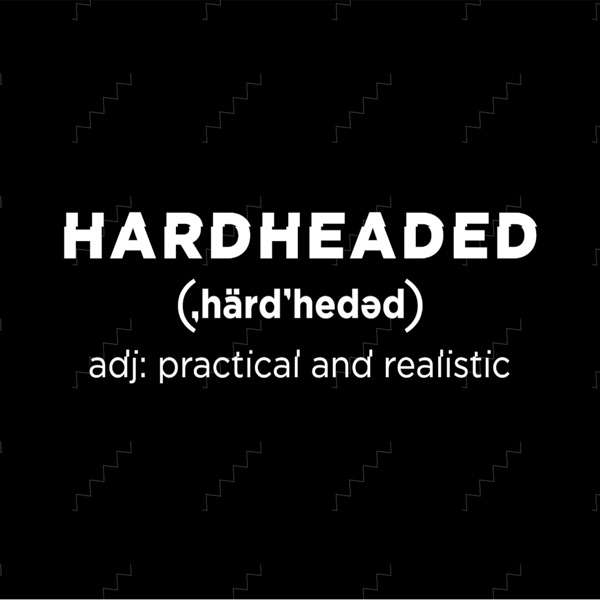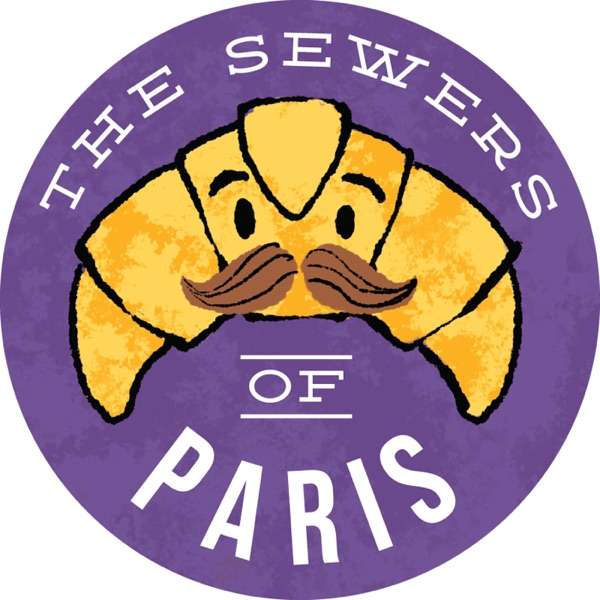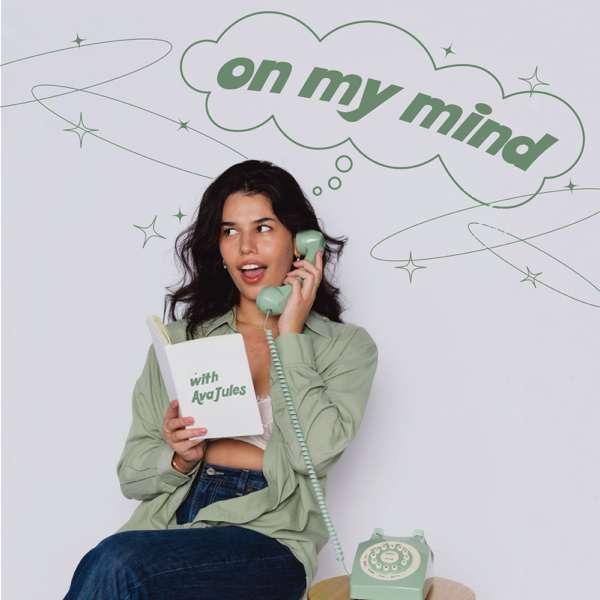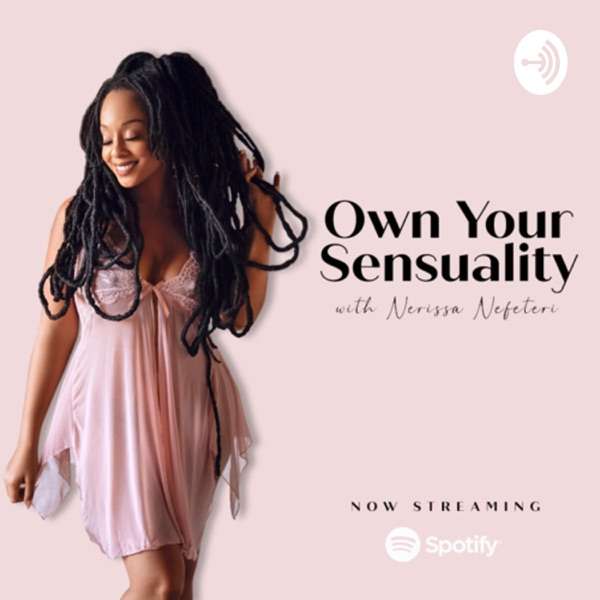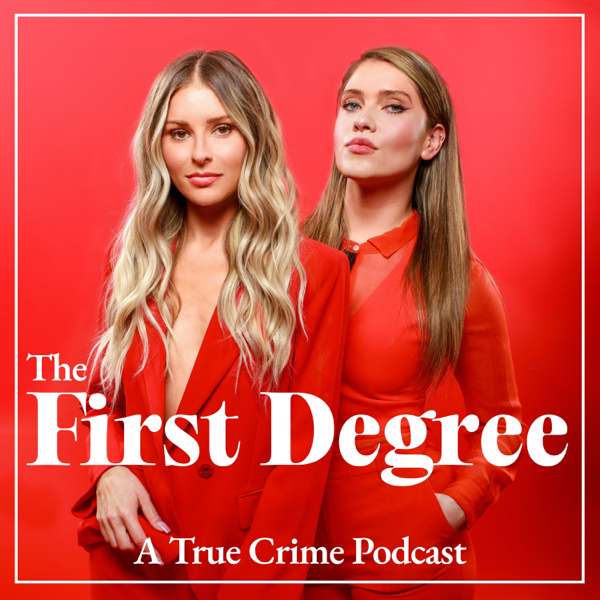Have you ever been curious to know the answer to a question that might be intrusive or too personal for other people? On their biweekly podcast Inappropriate Questions, now in its third season, cohosts Elena Hudgins Lyle and Harvinder Wadhwa make a space for curiosity where guests can unpack the tricky questions they get asked and learn stories about them—whether they ask if polyamorous people cope with jealousy in relationships, if Indigenous people are full Native, or brave the dreaded “have you lost weight” assumption. Created by Hudgins Lyle alongside producers Sabrina Bertsch and Cindy Long, the podcast was built out of a school project while they were studying Media Production in Toronto, Ontario. Bertsch, who’s mixed-race, had been asked a lot of questions about her background and ethnicity after studying abroad for a semester. Long and Lyle, both LGBT, would also get frequently asked about their identity and sexuality. Even if these frustrations served as a jumping-off point for them, they quickly realized that they could also learn about a variety of topics from others too—especially from their parents and older generations. So they auditioned a “dad-like” figure to be a counterpart as co-host. Wadhwa, a project manager with an engineering degree, was the unanimous choice. “Harv was the very first interview we did,” Lyle says. “After the interview, he was like, ‘All right, how many more of these do you have to go?’ You know I’m it, right? You can stop now.’” In each episode, guests share stories about being asked the week’s specific inappropriate question. Though, occasionally, they’ll have an expert or academic who can break down more of the historical and social aspect of the question. Both Hudgins Lyle and Wadhwa bridge together their different generational perspectives to challenge themselves and their guests, having casual, yet meaningful conversations that are engaging, unpredictable, and humorous. “Though I’ve been in Canada for over 20 years, I consider myself an immigrant coming from India,” Wadhwa says. “So, what the show is also trying to do is also bring the balance. Because if everybody’s thinking the same way, then we lose out a lot.” Even if they sometimes step into difficult territory, what they both hope to provide with each episode is a starting point for listeners to ease into these topics. “It could be that we’ve left you with some new ideas and perspectives from the guests who have this lived experience,” Lyle says. “You don’t need to change and develop overnight, but hopefully, we’ve given you a starting place where you can then do your own research or reflection.”
- Home
- Top Charts
- Top Networks
- Top Apps
- Top Independents
- Top Podfluencers
- Top Picks
- Top Business Podcasts
- Top True Crime Podcasts
- Top Finance Podcasts
- Top Comedy Podcasts
- Top Music Podcasts
- Top Womens Podcasts
- Top Kids Podcasts
- Top Sports Podcasts
- Top News Podcasts
- Top Tech Podcasts
- Top Crypto Podcasts
- Top Entrepreneurial Podcasts
- Top Fantasy Sports Podcasts
- Top Political Podcasts
- Top Science Podcasts
- Top Self Help Podcasts
- Top Sports Betting Podcasts
- Top Stocks Podcasts
- Podcast News
- About Us
- Podcast Advertising
- Contact

 Our TOPPODCAST Picks
Our TOPPODCAST Picks  Stay Connected
Stay Connected


